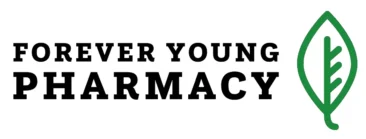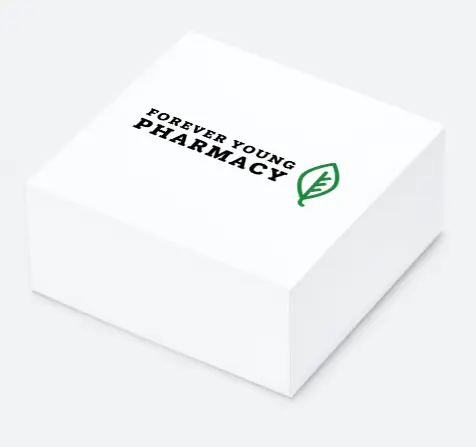VEGF (Vascular Endothelial Growth Factor) Testing
VEGF is a key protein that drives blood vessel growth, which is beneficial for healing (e.g., delivering oxygen and nutrients to damaged tissues) but can be a double-edged sword. Peptides like TB-500 and BPC-157 enhance this process to repair muscles, tendons, or wounds, while GHK-Cu supports it in skin regeneration. However, excessive VEGF could theoretically promote unwanted vascular growth, such as in tumors or retinal conditions, though this risk is largely speculative with these peptides at typical doses. Monitoring VEGF ensures that angiogenesis stays within a healthy range, balancing therapeutic benefits (e.g., faster recovery) against potential over-stimulation.
What’s Included:
Vascular Endothelial Growth Factor (VEGF)
- Reason: Measures angiogenesis, a process stimulated by TB-500 and BPC-157. Elevated VEGF supports tissue repair but could be a concern in individuals with cancer risk. This test ensures angiogenesis remains beneficial without promoting unwanted growth.
Suggested Testing Frequency
- TB-500: Strongly promotes angiogenesis by upregulating actin and enhancing cell migration, which can increase VEGF. Testing at 4-6 weeks initially, then every 3-6 months, is reasonable for long-term users.
- BPC-157: Supports angiogenesis, particularly in wound and tendon healing, with studies showing VEGF pathway involvement. Initial check at 4-8 weeks, then every 6 months, is sufficient unless high doses are used.
- GHK-Cu: Stimulates angiogenesis and collagen synthesis, potentially elevating VEGF in skin and tissue repair contexts. Testing every 6 months is typically adequate due to its milder systemic effects.
- Thymosin Alpha-1: Primarily an immune modulator with less direct impact on VEGF, though tissue repair may involve minor angiogenesis. Testing every 6-12 months is likely enough unless combined with other peptides.
- KPV: An anti-inflammatory peptide with minimal direct angiogenic effects, making VEGF changes less likely. Testing every 6-12 months or only if clinically indicated (e.g., combined with TB-500).
- ARA-290: Focuses on tissue protection and nerve repair via erythropoietin pathways, with limited direct VEGF stimulation. Testing every 6 months is precautionary unless vascular symptoms appear.


